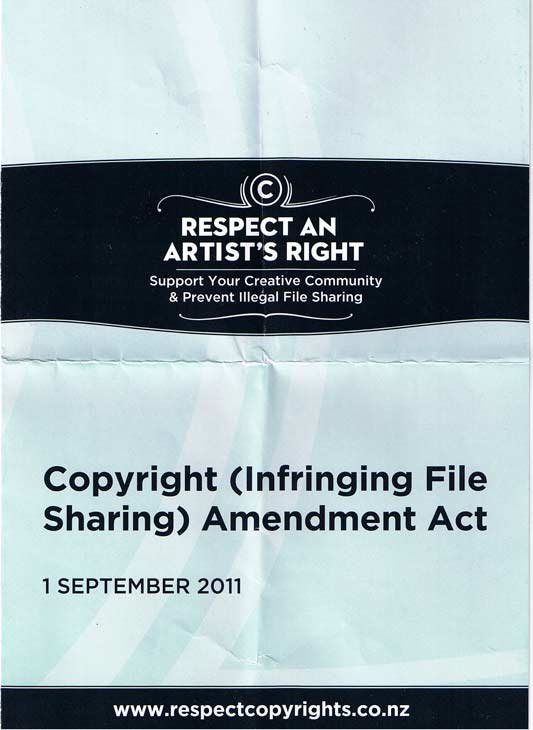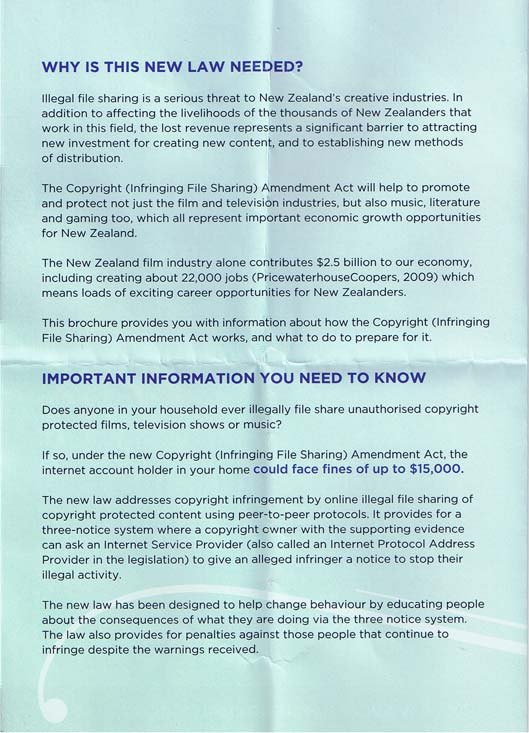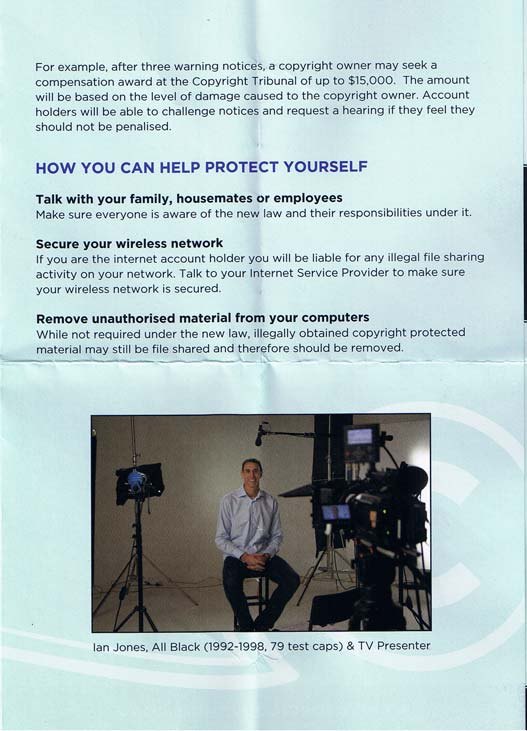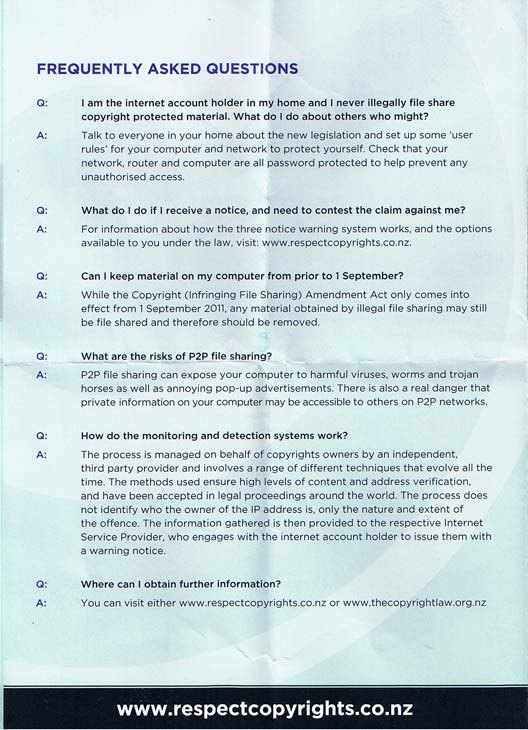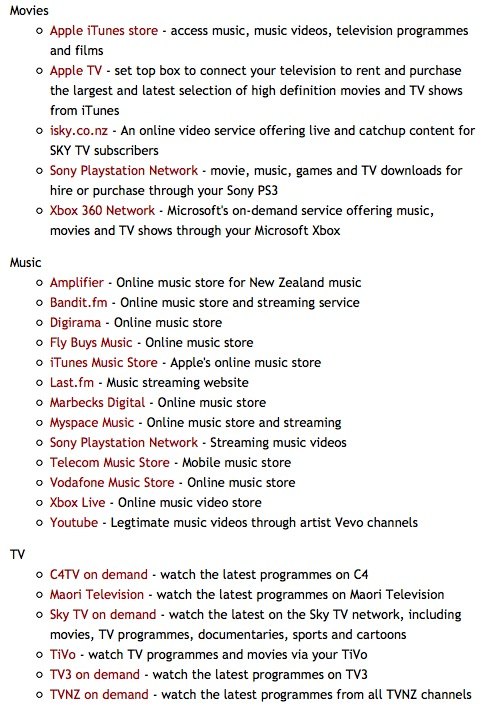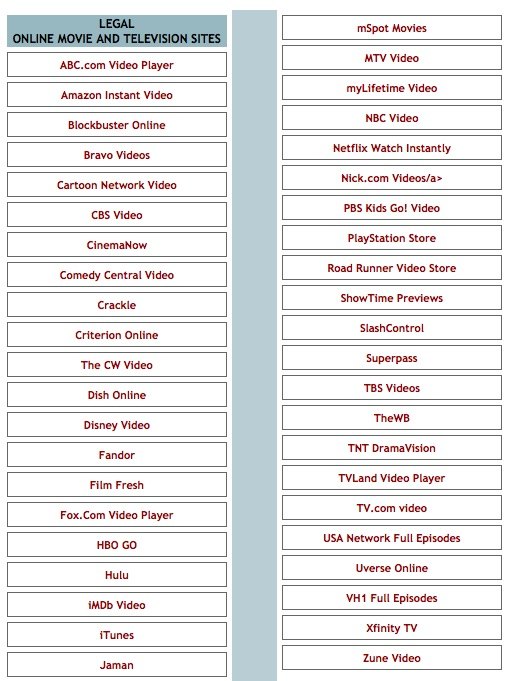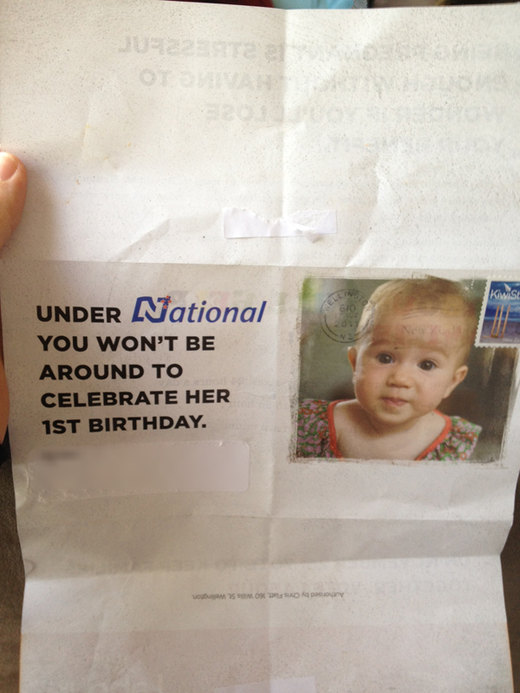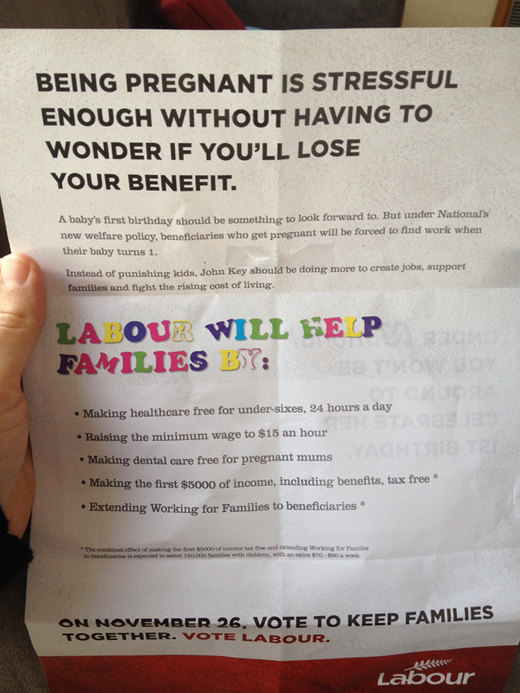About a month ago Social Innovation held the CERA Recovery Strategy Youth Jam at Hagley Community College because the submissions received so far on the draft Recovery Strategy were missing young people’s opinions. About 20 of us went over CERA’s Recovery Strategy for Christchurch, and as a group submitted responses to the questions posed by CERA about the strategy (we’re in the organisation spreadsheet under ‘Emerging Leaders Forum’). Excellent food was provided by The Sauce Kitchen.
These are the questions and some of our responses to them, from my notes and the spreadsheet. Longer versions of our answers are in the spreadsheet, typed up by some poor people at CERA from 49 A2 sheets.
On with the show.
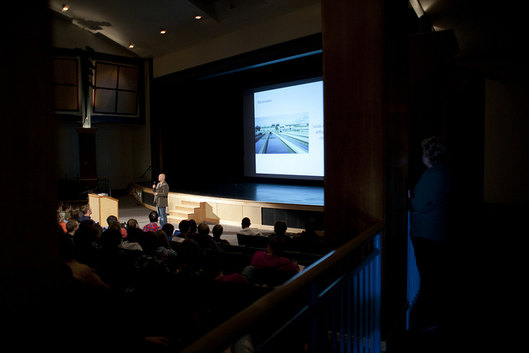
We’ve highlighted the most important lessons we’ve learnt since the earthquakes began – but are there others?
- How useful technology was – http://eq.org.nz, Twitter. Use existing technology more effectively. We all have cellphones, can we take advantage of them better? The Civil Defence website was a train wreck, just a big list of updates. Radio – are we meant to listen to a specific station?
- The definition of “essential services” is different between people. For some people public transport is essential as it is the only way they have to get around.
- There’s a reliance on volunteers – Student Volunteer Army, the EQ map etc.
- Neighbourhoods could be trained – have their own Search & Rescue team, they are willing
- Only a few schools were used as Civil Defence “bases” for shelter etc. – why not use more?
- Businesses need backup plans, be able to work away from the office. Not just technology backup.
- Need to be careful what is used as a memorial eg. the opposite of the CTV lift shaft idea
- Grassroot movements
- Communities formed and came together after the earthquakes – how do we glue them together so they stick once we have rebuilt?
- Need to record down what has happened, capture stories – library is doing this, audio recording booth at The Show
- Emergency kit – being prepared
- Global connectedness
- Our ability to adapt to change
Together, do these goals describe the recovered greater Christchurch that you want? Are there other key goals we should seek to achieve?
- Communication throughout the process
- High speed broadband
- Cycleways
- Heritage buildings
- Community
- Sustainably manage resources
- Environmental need takes into account
- Better air quality
- Better ways to get around
- Easy to commute to city
- Modern tram system, not heritage – light rail
- Precincts mean you know where to go, but variety is important
- Psychological health
- Attracting new people
- Living in town
- Walking
- Death to malls
- Democracy, voices heard, CCC open, transparent
- Educated community, free seminars in first aid
- Diversity – ages, backgrounds, ethnicity
- Unique businesses
- Do not return to the way it was, new ideas, opportunities
- Building community resilience
- Disaster planning
- Engagement between locals and tourists -> interaction, not segregated
- Positive spontaneous stuff
- Vibrancy
- Sense of ownership of public space
Given demands on resources, do you support the priorities identified? [What priorities did we miss?]
- Enabling people is important. Getting businesses back into their red zone properties
- Youth involvement
- Hosting major events
- Engaged and informed public
- Schools and education
- Building standards
- Innovation precinct
- Safety and well-being
- Economy, businesses, creation of jobs
- Big infrastructure – stadiums
- Focus on the word affected areas
- Open spaces near buildings – somewhere to go if we have another quake
- Getting people sorted, but fixing for the future
- Safe place for youth day and night
- Giving opportunity to voice ideas
- Connecting the city with transport
- Environment and sustainability
- Acceleration as a priority is concerning – do it well
- Decreasing reliance on infrastructure through design
- Re-design, don’t just re-establish
- Community
- Being the garden city
- Get back the old before we build new things
- Business connection hub
- Tourism
- Youth input and consultation
- Preserve heritage buildings
- Significance of people losing their lives
- Recreation centres/areas in residential red zones
There’s no perfect number of Recovery Plans, so if you think we need other plans tell us what and why?
- Community – maintaining strength, each neighbourhood is unique and knows its own needs
- Environmental, sustainability
- Too much weight towards economic plans
- Flooding
- Attracting tourists
- Emotional recovery
- Communication. Transparency and accountability for public spending
- Technology
- Urban design
- Energy, power generation, efficiency, localised, smaller scale
- Community Education
Recovery requires confidence – of insurers, banks, developers, investors, business-owners, residents and visitors. Will the proposed Plans provide sufficient confidence for people to progress recovery?
- If youth involved, they will build where they want to live
- Being involved at all stages. Accountability, communication, collaboration -> confidence
- Investors can be part of something new
- Insurers – will they insure, pay out, how much for?
- Community involvement gives confidence, there’s safety in numbers.
- Red zone people lack of confidence
What will ensure decision makers deliver the recovery we want, as soon as we need it, at a cost we can afford?
- Accountability, transparency, communication, ongoing consultation
- Try not to displace communities
- Use different methods to get input. Engage the city – go to the public, schools, use social media – Facebook
What else needs to be assessed when monitoring the Recovery Strategy? Are there other circumstances in which a review of the Recovery Strategy may be required?
- If we have another disaster
- If the community doesn’t feel involved
- How are the strategies going to be monitored? How can people have their say?
- Monitor prioritization
- Adapt communications to suit different demographic.
- Survey/monitor how well people understand and care about the strategy.
- Opinions about the design, feel, location of buildings
- Environmental monitoring
- Economic monitoring
- Ability for citizens to review the implementation of strategy. Reports that come from monitoring need to be appropriate to the audience – us
- Can agencies/established community networks be appropriated to carry out monitoring initiatives within respective demographic eg. Otautahi Youth Council, this in turn invests in future leaders
- If monitoring is to encourage accountability then monitor transparently
- Reporting – ticking boxes – doing something that doesn’t actually change anything
- Make results of monitoring easily accessible and engaging.
- If there is another significant quake
- If there is a change in Government there needs to be a review of their perspective on the strategy
- If monitoring reveals dissatisfaction then time for review and change of direction
- In the instance of a natural disaster have lessons been learnt and how can we adapt approach
- Ongoing failure of basic utilities
- Reluctance of private investors to participate in reconstruction‚
- Dubious public private partnerships for recovery
- If people do not reinvest in CBD and public does not rejuvenate city
- Climate change is not considered
- Young people’s educational futures
Image credit: PopTech




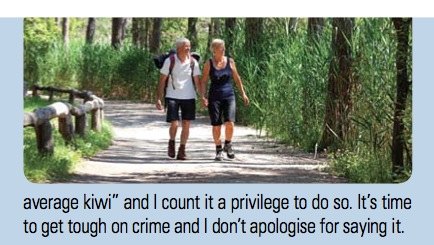 Conservative Party image
Conservative Party image
 Conservative Party image
Conservative Party image

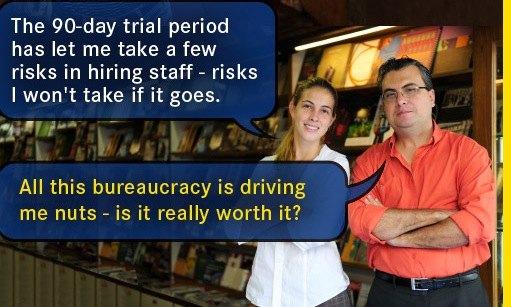 ACT Party image
ACT Party image Terrace 139 Creative
Terrace 139 Creative ACT Party image
ACT Party image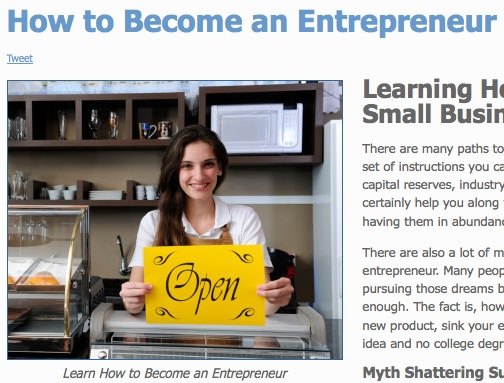
 ACT Party image (you’d think they’d actually use a New Zealander)
ACT Party image (you’d think they’d actually use a New Zealander)


